QUANTITY EXPLOSION, QUALITY UNCLEASED?
Just type in the keyword "AI courses" on social media platforms, and very quickly, a series of suggestions will appear.
Users can easily come across countless advertisements with attractive introductions: "Just 5 sessions to master AI", "Learning AI increases sales by 200%", or "No need to know technology to master AI"... From free courses on social networks, to online classes with tuition fees "only equal to a few cups of milk tea", or in-depth programs worth tens of millions of dong, all are blooming like mushrooms after the rain.
According to Thanh Nien reporters' research, the common points of many of these classes are convenience, short duration, and quick learning. A basic AI course lasts several sessions, with tuition ranging from 500,000 VND to 5 million VND. For advanced classes, students have to spend from 7 to 10 million VND, or even more. In addition, many centers also apply the strategy of giving away free basic classes, then offering a half-price promotion if you register for an advanced class right away.
Mr. Ngo Huu Thong, Director of the Institute for Technology Application and Human Resource Development AiOV, said that the rapid development of AI courses reflects the global trend, when AI is becoming a tool to change the way people work and create.
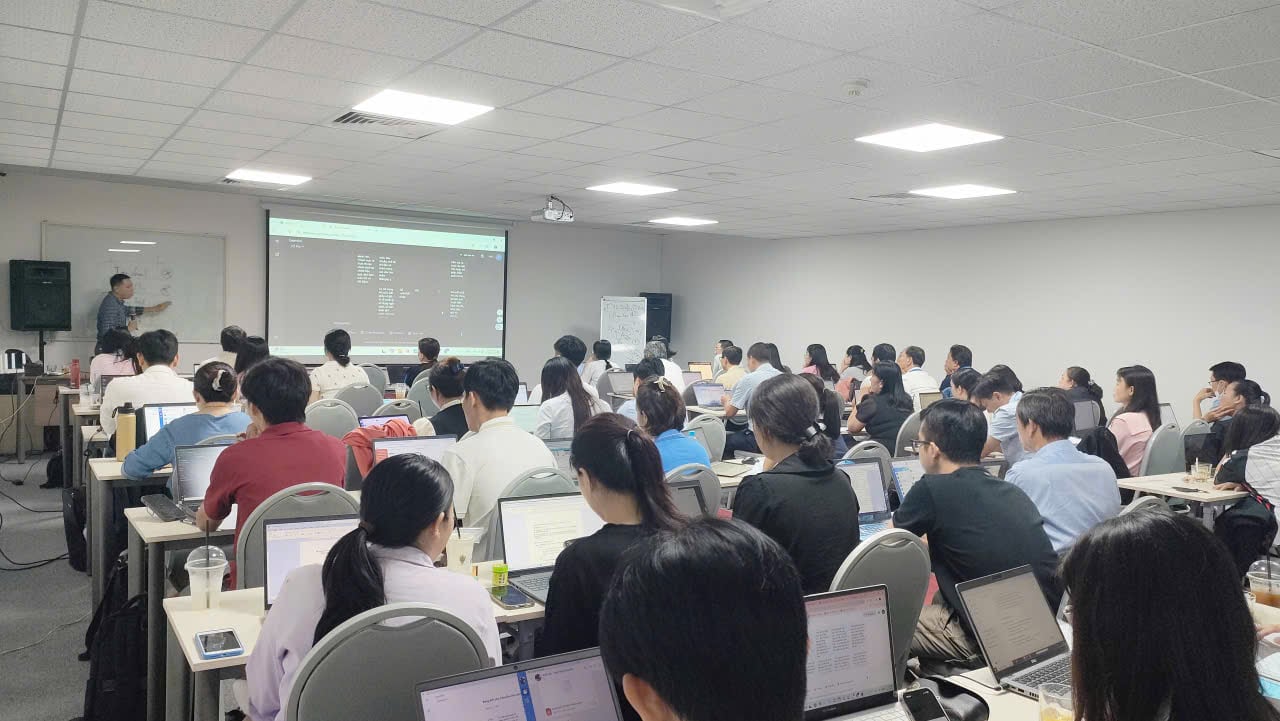
More and more people are in need of taking AI courses.
PHOTO: YEN THI
Mr. Thong said the boom in AI courses is a welcome sign in terms of popularity. "Even people who do not work in the technology field have the opportunity to quickly access AI - this contributes to bringing technology closer to life and work," he said.
However, this expert also expressed concern that the overheated development also poses risks to quality, especially since some courses are currently organized mainly to "catch trends" instead of building a systematic program. At that time, students easily fall into the situation of "not knowing how to apply the course after finishing it".
From a policy perspective, Master Nguyen Dang Hieu, Director of the Institute for Applied Administrative Sciences, emphasized: The State has issued many resolutions and strategies on AI, which have contributed to creating a strong driving force for applying AI in all aspects and socio -economic fields; promoting the need to learn and apply AI widely, from the public sector to private enterprises. Therefore, it is understandable that there are more and more AI courses. However, this rapid development has created a gap in quality, posing many potential risks, especially in the team of experts and lecturers - those who play a decisive role in the true value of each course.
Sharing the same view, according to Dr. Cam Anh Tuan, Head of the Department of Archival Science and Office Administration, University of Social Sciences and Humanities (Hanoi National University), anticipating the Party and State's policies on AI, AI training institutions are developing very strongly, the number of people participating in teaching is also increasing proportionally with the demand for learning about AI. However, Dr. Tuan also expressed doubts about this development, especially on the part of the teaching staff.
AI TEACHERS DO NOT JUST KNOW ABOUT AI
The field of AI is changing every day, and practical experience and communication skills are equally important. Master Ngo Huu Thong analyzed that a researcher who is good at theory but does not know how to explain will make it difficult for students to absorb. On the contrary, a lecturer with rich application experience and good communication skills will help students to immediately apply knowledge to work. Therefore, it is necessary to balance all three factors: basic knowledge, practical experience and pedagogical skills.
"If anyone can claim to be an 'AI expert', the training market will become a mixed bag, with learners at risk of receiving one-sided and unsystematic knowledge," Mr. Thong added.
From a professional perspective, Master Hieu affirmed that the teaching staff is the key factor determining the success or failure of AI training courses. AI instructors must ensure that they have both in-depth expertise in the field they are teaching or researching, as well as pedagogical skills and basic or advanced knowledge of AI.
Master Hieu analyzed that a person with formal training in AI is often good at technological factors, but if he lacks in-depth understanding in the application field, it is difficult to accurately assess whether the product created by AI is truly suitable and brings practical value to that expertise or not.
"People with good professional expertise need to be properly trained in AI, while people who are good at AI need to gain in-depth knowledge of the application field. Only then can teaching ensure accuracy and be close to reality," Master Hieu emphasized.
Dr. Cam Anh Tuan believes that lecturers need to emphasize the role of AI users in their work, especially the ethical and responsible factors in teaching AI that need to be put first. "If lecturers only "deify" AI without practical experience, the consequences will be very dangerous," Dr. Tuan warned.
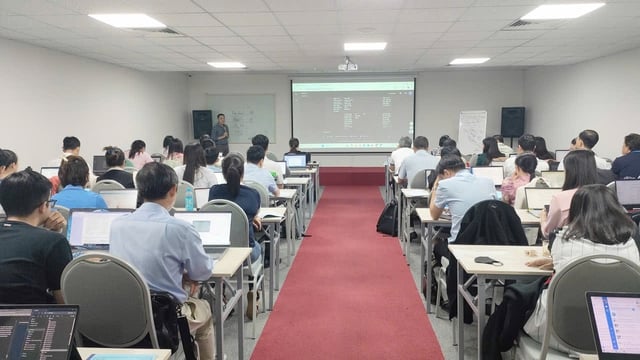
The teaching staff is the key factor that determines the success or failure of AI training courses.
Photo: YEN THI
STAY AWARE OF THE "AI FEVER"
In the context of the "mixed" AI training market, experts recommend that students must equip themselves with information filters and be alert before enrolling in any course.
According to Mr. Ngo Huu Thong, learners first need to clearly define their goals: learn to know, learn to apply to work, or to delve into research. From there, carefully consider the lecturer's profile: what background do they have, what projects have they participated in, how is their communication ability, and do not forget to refer to the reviews of former students instead of just believing in advertising.
In addition, students should prioritize courses that have a clear structure, come with accompanying documents, have post-course support, and more importantly, have a training philosophy that is linked to three factors: effectiveness (must be able to apply after completing the course), responsibility (instructors impart correct knowledge), and lifelong learning (always encourage students to continue updating, instead of stopping at one course).
Master Nguyen Dang Hieu recommends 5 more criteria to choose the right course: reputation of the training institution; quality and experience of the lecturers; detailed program content, close to the actual work; support before and after training; and facilities and teaching equipment.
Proposal for a standard framework for AI training
According to Master Nguyen Dang Hieu, it is best to create certain conditions for AI instructors, because this is a factor that greatly affects the quality of AI training courses and is very beneficial for learners.
Master Hieu informed that according to current regulations, teachers and lecturers in Vietnam who want to participate in teaching must go through pedagogical training courses and be granted certificates. For AI lecturers, in addition to this requirement, they also need to attend training courses from basic to advanced on AI, master the skills of using and applying technology in the specialized field they teach or research.
According to expert Ngo Huu Thong, Vietnam needs a minimum standard framework to ensure the quality of AI courses. This standard framework should not be as academic as in universities, but should not ignore the foundation.
It is possible to combine two elements: Basic knowledge of AI, data, ethics in AI and practical skills, proven through real projects or products. This will ensure the effectiveness of the program, promote the responsibility of the instructor in imparting correct knowledge, and encourage the spirit of lifelong learning in both instructors and students - because AI is always changing, and everyone needs to update continuously.
Source: https://thanhnien.vn/con-sot-hoc-ai-lo-ngai-vang-thau-lan-lon-185250907182529716.htm



![[Photo] Opening of the 14th Conference of the 13th Party Central Committee](https://vphoto.vietnam.vn/thumb/1200x675/vietnam/resource/IMAGE/2025/11/05/1762310995216_a5-bnd-5742-5255-jpg.webp)


![[Photo] Panorama of the Patriotic Emulation Congress of Nhan Dan Newspaper for the period 2025-2030](https://vphoto.vietnam.vn/thumb/1200x675/vietnam/resource/IMAGE/2025/11/04/1762252775462_ndo_br_dhthiduayeuncbaond-6125-jpg.webp)
![[Photo] The road connecting Dong Nai with Ho Chi Minh City is still unfinished after 5 years of construction.](https://vphoto.vietnam.vn/thumb/1200x675/vietnam/resource/IMAGE/2025/11/04/1762241675985_ndo_br_dji-20251104104418-0635-d-resize-1295-jpg.webp)







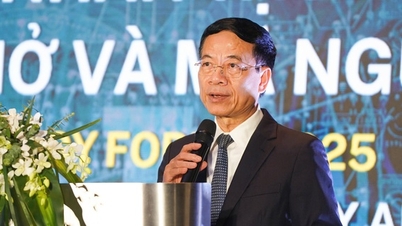

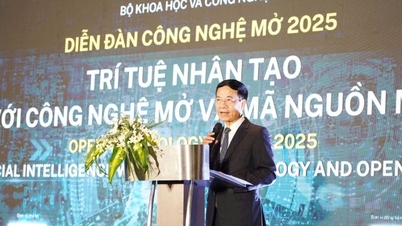









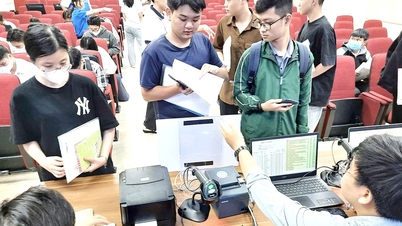






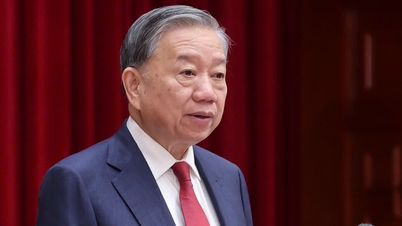









































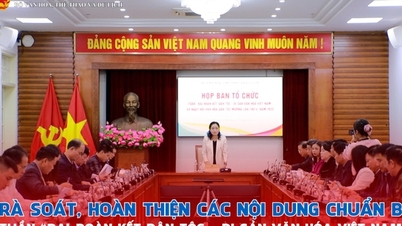













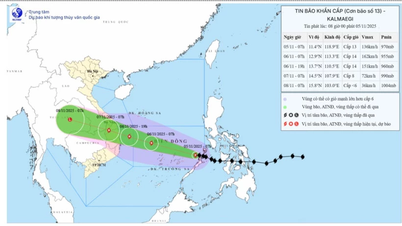














Comment (0)